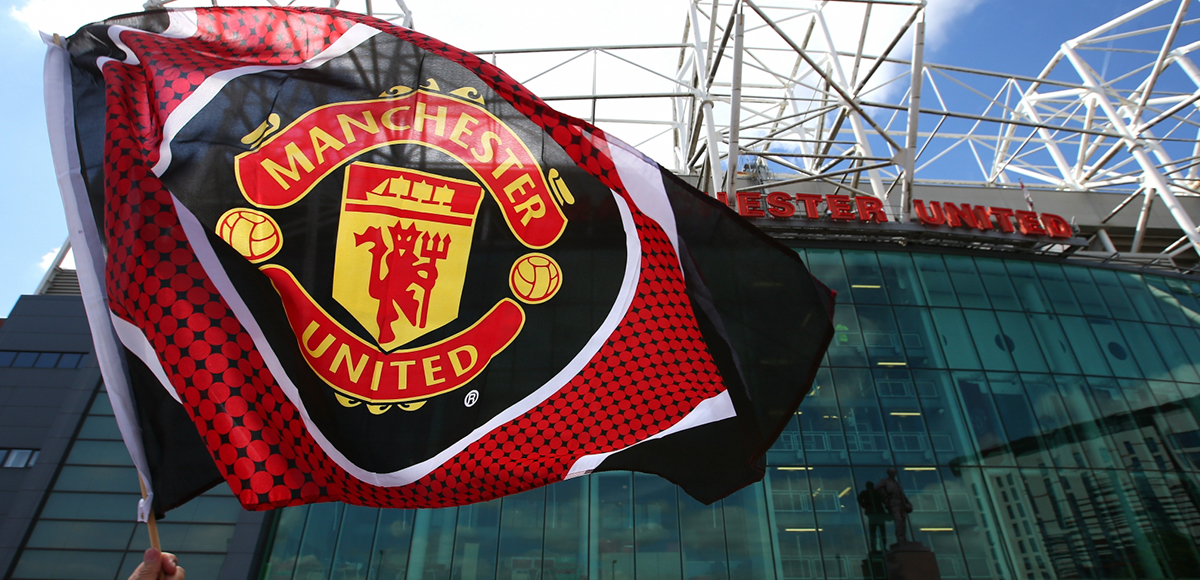Manchester United’s 2024–25 season has been marked by turbulence and underperformance, with the club struggling to adapt to the tactical philosophy of new manager Ruben Amorim. The Portuguese coach, who replaced Erik ten Hag in November following the latter’s dismissal, has faced mounting challenges in translating his success at Sporting CP to the Premier League. With United languishing in 13th place after 24 matches, questions about Amorim’s approach and the squad’s suitability for his system have become increasingly pressing.
A Season of Transition and Struggles
Erik ten Hag’s tenure ended abruptly in October after a series of lackluster performances left United adrift in mid-table. Enter Ruben Amorim, a manager renowned for his tactical acumen and innovative use of the 3-4-3 formation. At Sporting CP, Amorim’s high-intensity pressing game and reliance on wing-backs brought domestic success. However, implementing this system at Old Trafford has proven far more complex. Despite initial optimism surrounding his appointment, United’s form has deteriorated further under Amorim, with just four wins in 14 league matches since his arrival.
Gary Neville, a vocal critic of the current situation, recently remarked that things have “got a lot worse” under Amorim. Speaking after a disheartening 2-0 defeat to Crystal Palace at Old Trafford, Neville warned that persistence with the current system could erode player confidence. “The more you lose,” he said, “the more difficult it is for the manager to convince the players of his idea.” Neville called for tactical flexibility, suggesting that Amorim might need to adapt his methods to suit the squad’s strengths rather than rigidly adhering to his preferred style.
Tactical Stubbornness or Strategic Vision?
Amorim’s unwavering commitment to the 3-4-3 formation has been both praised and criticized. While his system emphasizes aggressive pressing and dynamic wing play, it demands specific player profiles that United seemingly lack. The squad’s deficiencies—particularly in defensive organization and midfield cohesion—have been exposed repeatedly this season. Despite these challenges, Amorim has remained steadfast in his philosophy. Reports suggest that he has vowed to “stand by his philosophy at all costs,” even amid growing concerns from players and pundits alike.
Privately, some members of the squad have reportedly discussed whether a tactical adjustment might yield better results. However, there is no indication that Amorim plans to deviate from his approach. His post-match comments often reflect frustration with execution rather than strategy. Following a recent draw against Liverpool, he expressed exasperation over inconsistent performances: “This is not about the system… It’s about something else. If we play against Liverpool every day, we will do that. We have to do it against any opponent.”
Player Reactions and Dressing Room Dynamics
While there is no suggestion that Amorim has lost the dressing room, murmurs of discontent have emerged as results continue to falter. Bruno Fernandes encapsulated this frustration after United’s spirited draw at Anfield: “If we can show this today against Liverpool… why can’t we do this every week?” Fernandes’ comments highlight a broader issue: inconsistency in effort and execution. The players have demonstrated flashes of quality but have struggled to sustain these levels across multiple fixtures.
Amorim himself has acknowledged these challenges, emphasizing the need for mental resilience and competitiveness over purely tactical adjustments. After an FA Cup victory over Arsenal earlier this year, he praised his team’s fighting spirit but noted that such performances must become routine rather than exceptions.
The Road Ahead
With United precariously close to the relegation zone and facing mounting pressure from fans and media alike, the remainder of the season will be pivotal for both Amorim and the club. Upcoming fixtures against fellow strugglers Tottenham and West Ham could define their campaign. While Amorim’s tactical philosophy remains intact for now, continued poor results may force a reevaluation of his approach.
Ultimately, Manchester United find themselves at a crossroads. The club must balance long-term ambitions with immediate needs for stability and results. Whether Ruben Amorim can navigate this precarious situation while staying true to his principles remains one of the defining questions of their season.


